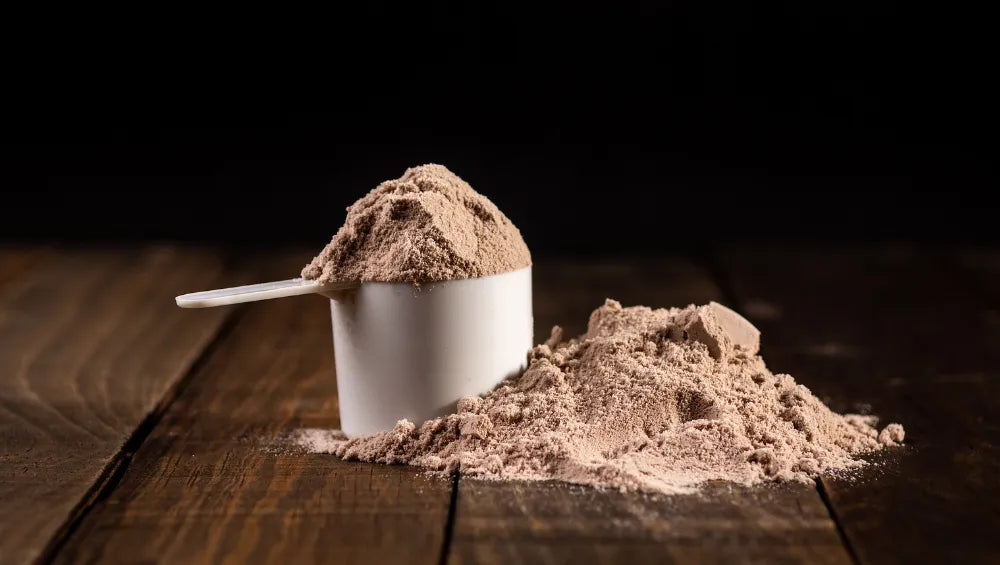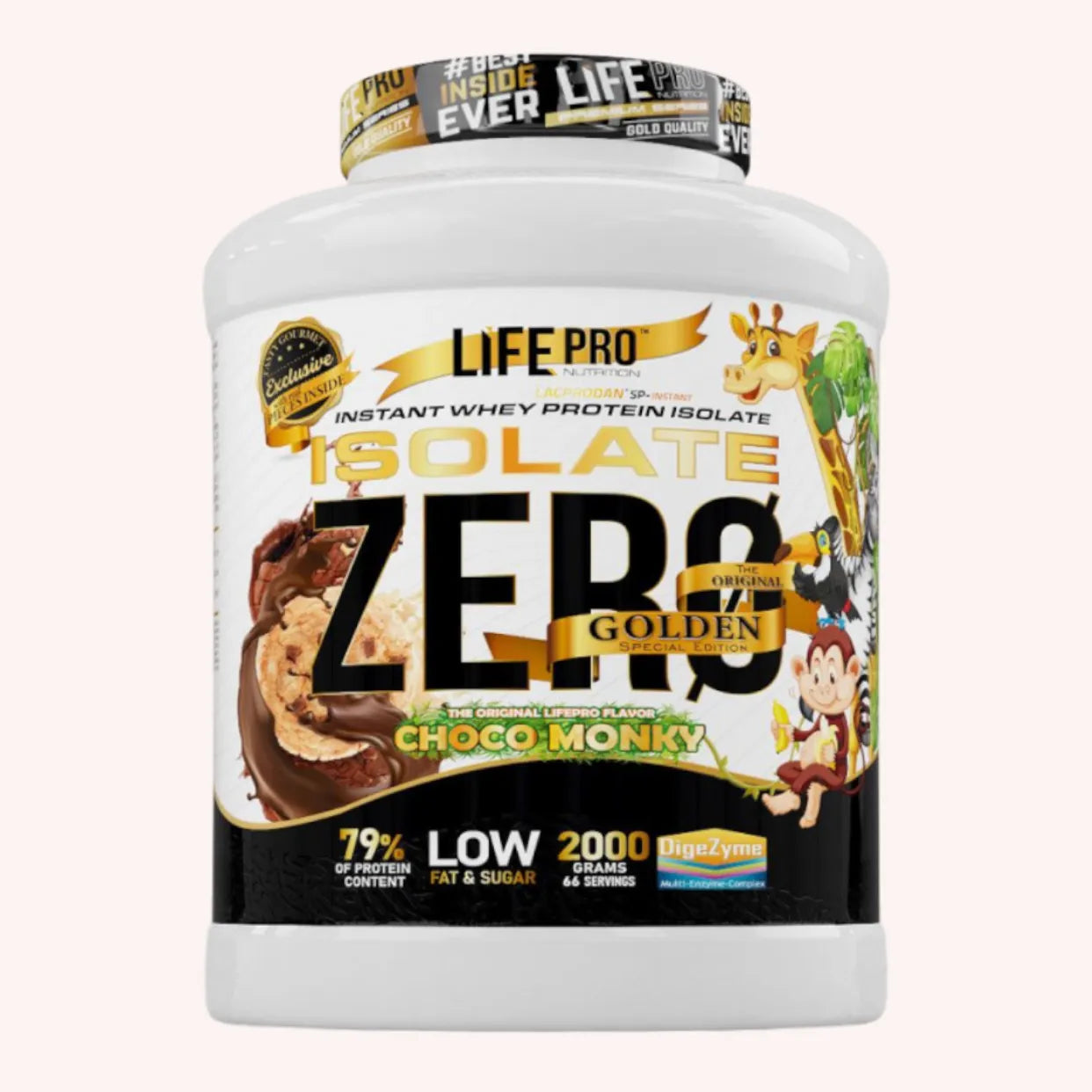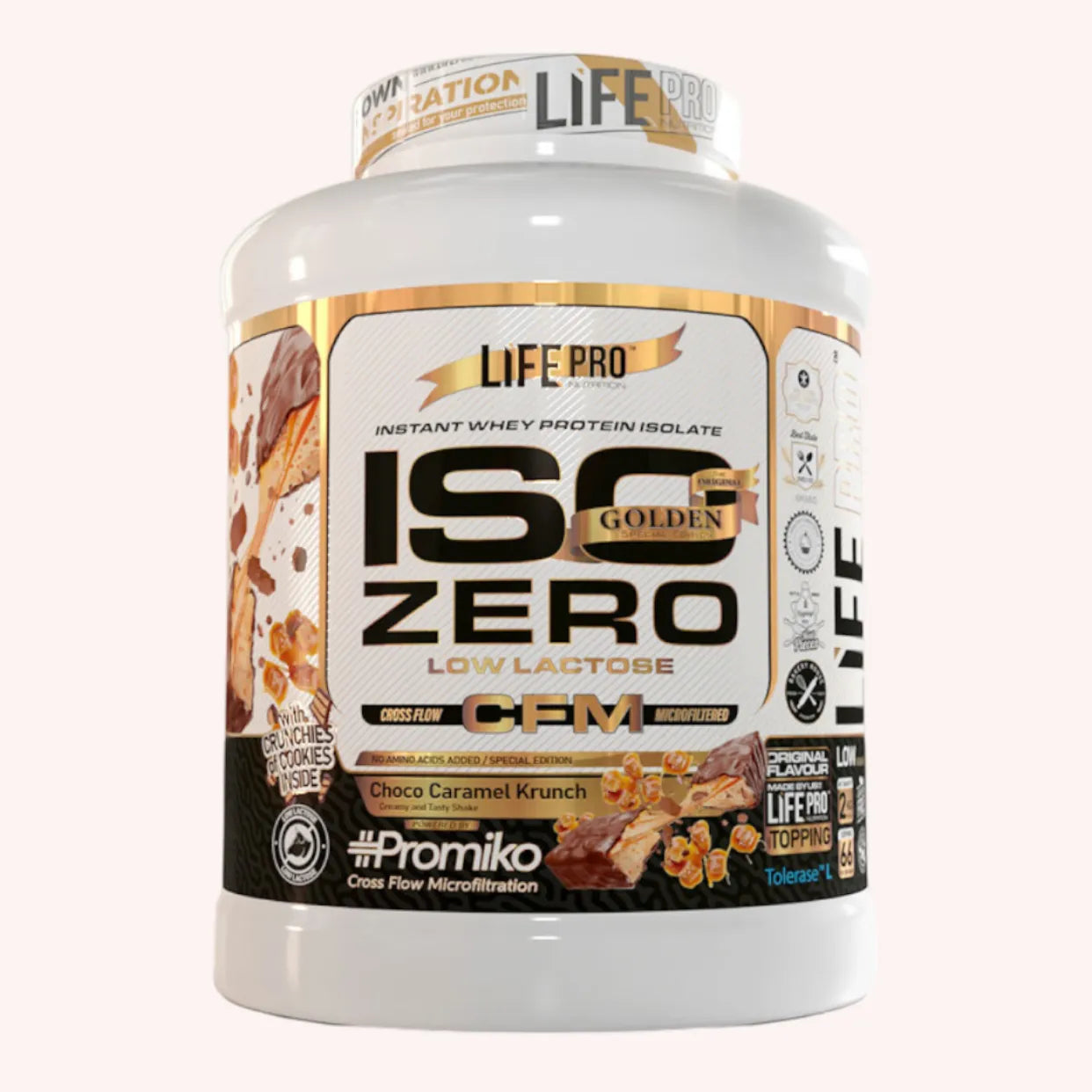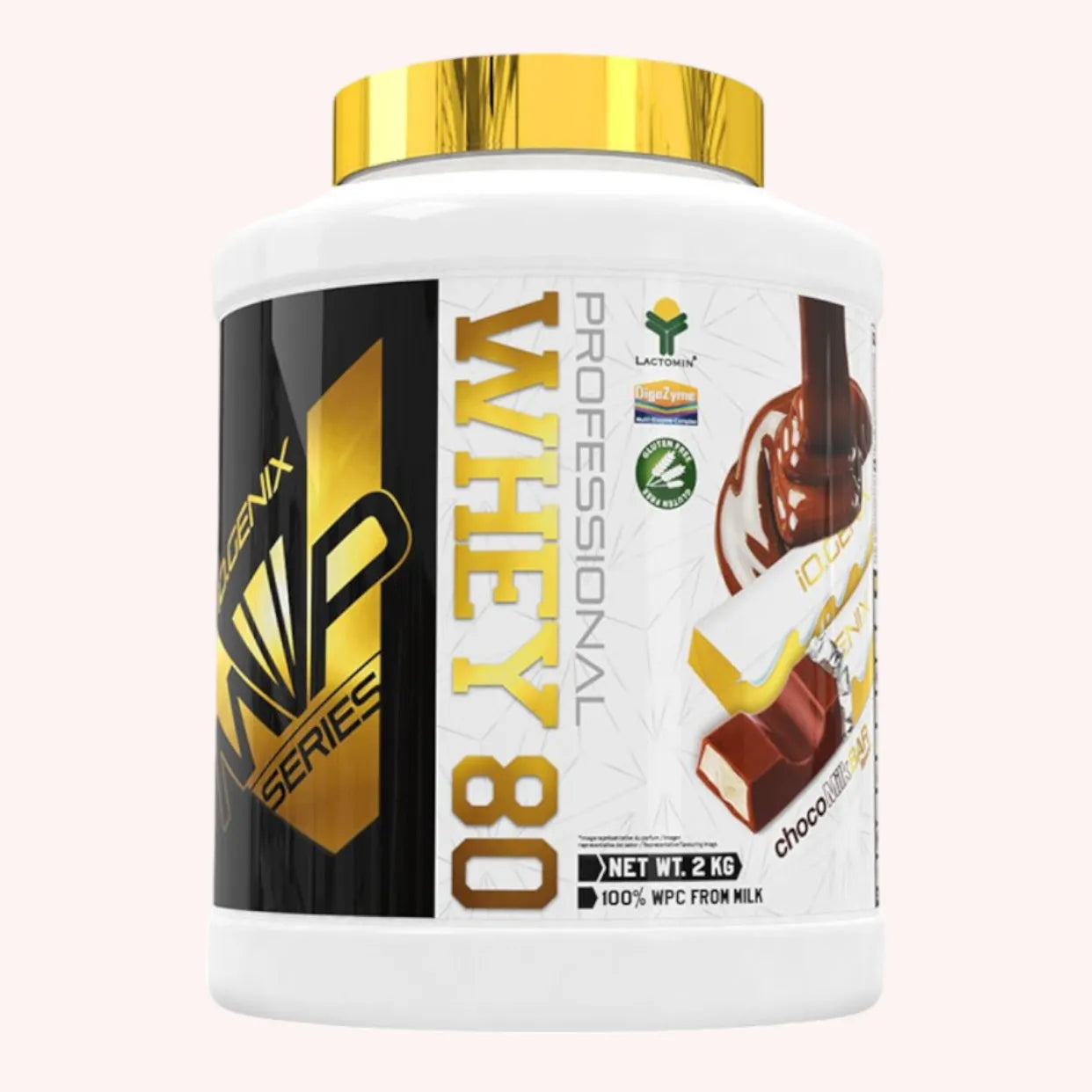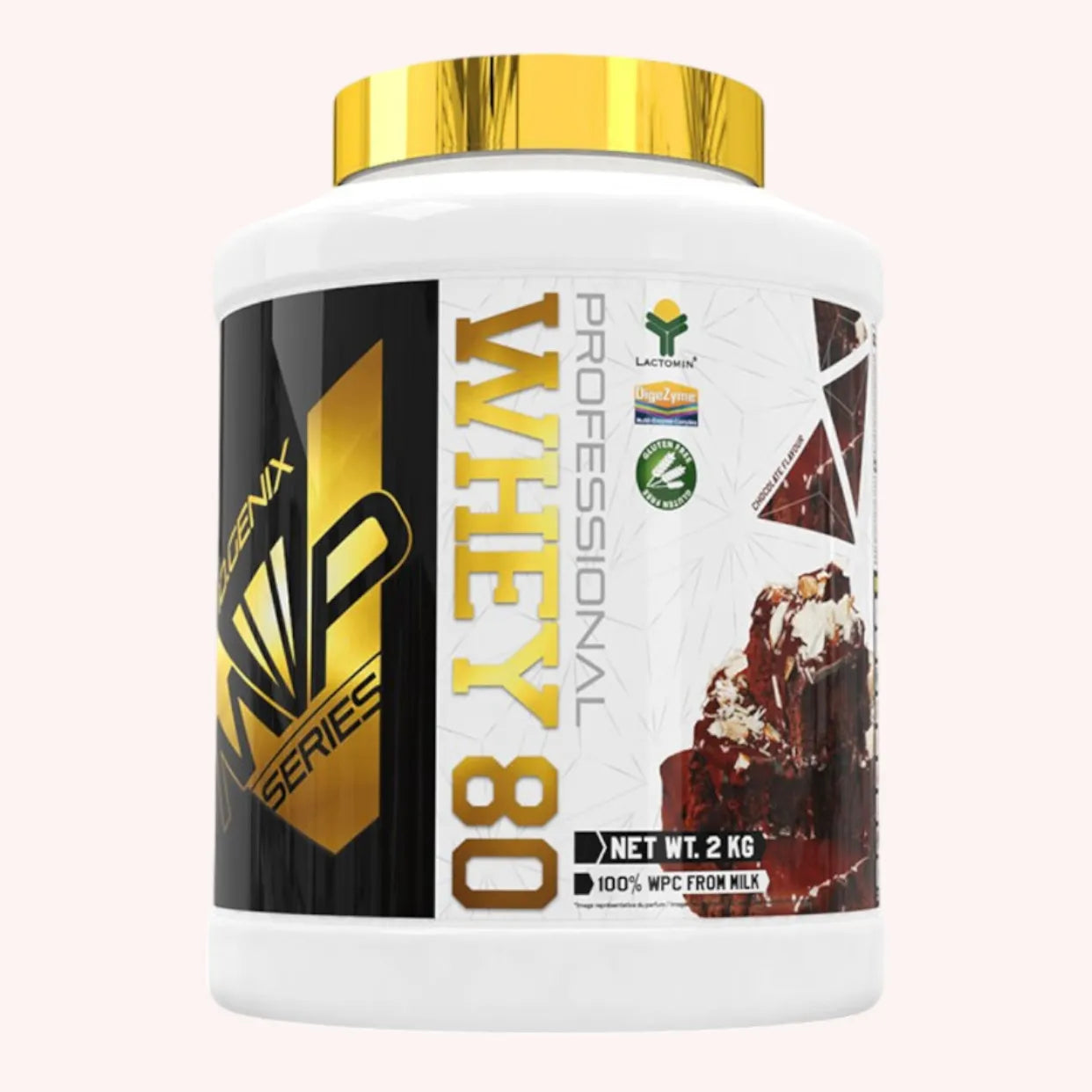Whey is a popular dietary supplement among athletes, especially those looking to increase their muscle mass . It comes in several forms, and it can be difficult to know which one to choose. The different types of whey available on the market and their properties will help you make the best choice to achieve your goal: Whey for muscle mass gain.
Understanding the composition of whey
Before detailing the different forms of whey, it is worth explaining what this product is. Whey powder is made from whey, a by-product obtained during the production of cheese. This whey contains mainly protein, but also lactose , fats, minerals and vitamins. Whey is characterized by its high protein content (usually between 70 and 90%) as well as its richness in essential amino acids and short-chain fatty acids.
The different forms of whey
To choose the whey protein best suited to your mass gaining needs, discover below some of the most common forms and their specificities:
Whey Concentrate
This form of concentrated whey is obtained after several successive filtrations of whey. Concentrated whey has a protein content of between 70% and 80%, while retaining a certain amount of lactose, as well as fat. It is economical and suitable for most athletes, except those who suffer from lactose intolerance.
Whey Isolate
Whey isolate is the result of a more advanced ultrafiltration process, resulting in a protein content of over 90%. Purer than concentrate, it is lactose-free and free of fatty acids. It is generally slightly more expensive but is better suited for people with digestive issues or those looking to limit their calorie intake.
Hydrolyzed Whey
Hydrolyzed whey undergoes additional enzymatic processing to break down the long peptide chains into individual amino acids. This form of whey is distinguished by its improved digestibility and rapid assimilation. It is particularly popular with elite athletes or those looking to quickly benefit from protein intake after an intense workout.
Some other less common forms of whey:
- Native Whey : Extracted directly from milk, not whey, it retains better nutritional quality. However, its higher price remains a deterrent for many bodybuilding enthusiasts.
- Organic Whey: Produced from milk from organic farming, this whey guarantees flawless traceability, but its cost is higher than other forms of whey.
- Plant-Based Whey : Often made from pea protein, this alternative is suitable for people who are lactose intolerant or who follow a vegetarian/vegan diet but want to add a few calories to their diet to gain muscle mass. However, it may have a less optimal amino acid content than other forms of whey.
The criteria for choosing the right whey
Besides the types of whey, there are several things to consider:
Protein quality
A quality whey protein should be rich in essential amino acids, particularly BCAAs (branched-chain amino acids), which are essential for promoting muscle growth and reducing catabolism. Therefore , choose a whey protein rich in leucine, isoleucine and valine , which will support your weight gain .
The absorption rate
Rapidly absorbed whey protein is ideal for promoting post-workout recovery and preventing muscle breakdown. Hydrolyzed whey protein offers the fastest absorption rate, followed by isolate and finally concentrate.
Taste and solubility
It's important to choose a whey protein that dissolves easily in water or milk, without leaving lumps or foam. Taste is also crucial: don't hesitate to experiment with different flavors and brands to find the one that suits you best.
The caloric value
To promote muscle gain and avoid fat storage, opt for whey protein that's low in fat and carbohydrates. Whey protein isolate and hydrolyzed whey protein are best for this purpose.
Essential fatty acids
Also make sure that the whey you choose contains a sufficient amount of essential fatty acids , which are essential for the proper functioning of your body. These lipids are involved in various metabolic processes and contribute to healthy muscle development. A quality whey, such as pure whey , will provide you with the nutrients necessary to support your efforts and optimize your mass gain.
Lactose content
Depending on your lactose tolerance, you'll need to choose a type of whey protein that's best for your body. If you can easily consume lactose, whey protein concentrate will be ideal for you, thanks to its high nutrient content and lower cost. However, if you're lactose intolerant or sensitive, it's best to opt for whey protein isolate, which has had this substance removed.
Your budget
Finally, price can be a determining factor in your choice of whey protein. Concentrated whey is generally the most affordable of the three forms mentioned above. However, it's important not to overlook the quality and effectiveness of the product. So, don't hesitate to compare reviews from other users and do some research to ensure you're making the right choice.
How to use whey for mass gain?
It is essential to consume whey at the right time and in the right proportions:
- In the morning: Take a dose of whey as soon as you wake up to quickly provide protein to your muscles, which have been starved during the night.
- Around training: Consume a serving of whey protein approximately 30 minutes before and immediately after exercise. This will provide your body with all the amino acids it needs to recover properly and build lean muscle.
- As a snack: To increase your protein intake throughout the day, add a scoop of whey to a snack between your main meals.
Some additional tips for effective mass gain
To maximize your mass gain through whey consumption, here are some tips:
- Pay attention to your diet: Make sure you eat a diet rich in protein, carbohydrates, and fats, which are all essential for gaining muscle.
- Adjust the amount of whey to your needs: Adjust your whey intake based on your activity level and the number of protein meals you eat daily. Too much protein can be counterproductive.
- Don't forget hydration: It is essential to drink enough water when taking whey, to avoid the risk of dehydration linked to the improvement of muscle performance.
- Respect rest periods: Finally, don't forget the importance of rest to allow your muscles to rebuild and recover. Regular, quality sleep is therefore essential.
Whey for mass gain: In summary
In short, choosing the best whey protein to optimize your mass gain will depend on several criteria such as protein quality, digestibility, lactose tolerance, and budget. Take the time to research the different options to make the choice that best meets your specific needs.
Do not hesitate to consult a health professional or nutritionist to guide you in selecting the food supplement best suited to your profile and your objectives.




